First they ignore you, then laugh at you, then they fight you and then you win. That has so far been the AAP Story. They came, they saw and they conquered. On the 28th of December, 2013, Delhi’s youngest ever Chief Minister was sworn in. Arvind Kejriwal, with his trademark Aam Aadmi cap rode the metro to the ceremony – showcasing how the aam aadmi travels. Swearing in with over one lakh people in the ‘AAP topis’, cheering for him at the Ram Leela maidan, Kejriwal did what many thought was the unthinkable.

The 45-year-old man who shook India
With a one year old party and campaign, it is “nothing short of a miracle”, as Kejriwal described it himself. Mr Kejriwal delivered a heart-felt speech after taking his oath. “I appeal to my party let us never become arrogant,” he said and added, “we are here to serve.”
Making governance more transparent and inclusive and checking corruption was what he pitched in a highly effective marketing campaign ahead of the Delhi election. Today, he urged the city, “Let us swear that we will never seek nor offer a bribe. And we will catch-all those corrupt officials red-handed” The sea of supporters roared its assent.
Kejriwal has emerged as a new hope, rejecting the VIP culture, and has been given a starling mandate against corruption by the people of Delhi. His Aam Aadmi Party made a stunning electoral debut in the Delhi election, placing second. The ruling Congress was forced into a poor third, and is lending external support to AAP’s minority government. Though the BJP did win most seats, it did not get a majority and decided it would not try to form the government but sit in the opposition.
Unlike his predecessors, Kejriwal has rejected the VIP culture and stated clearly that he and his ministers will not take the sprawling bungalows surrounded by lush lawns in Delhi. He plans to live modestly, in a Government flat, if allotted one, or continue living in his fourth-storey flat in Ghaziabad. He has also declined personal police protection.
As Kejriwal steps in as the new CM, people’s expectations are high, and so are his promises. Will it be easy for him to deliver? Can he give those 700 litres of water and 50% cheaper electricity? Can he fulfil his 18 promises to the people of Delhi, even with the Congress and BJP waiting to attack him as soon as he falters? The AAP faces two big challenges in their road to success.
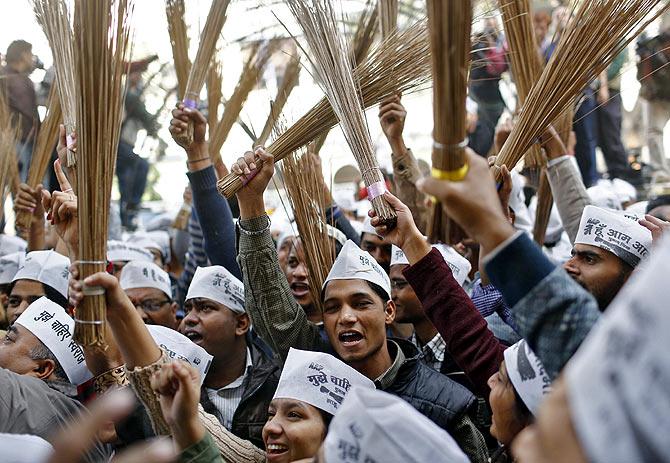
The first challenge is the crushing weight of public expectation. His ‘Aam Aadmi’ brand has proven to be his biggest asset. The common man who is burdened by corruption, inflation and policy paralysis finds voice in the AAP. AAP’s promise of transformative change in the way government is run has undoubtedly fired the imagination of the people, and was a key factor in its stunning electoral success. From drawing up its manifesto and selecting candidates for the elections, to deciding whether it should accept the Congress’ offer of support to form government, AAP practiced what it preached — a kind of direct democracy, and decision-making by public referendum, which was unprecedented in Indian politics.
But the elections have been won, the referendum is over and it is now time to govern. And governing entails decision-making and taking responsibility for executive action. There can be no blaming and accusing now. The reigns of Delhi are in their hands and they have to make the horse run. Having transformed itself from a mass movement to a political party, the AAP needs to change itself once again in mindset, from pointing out what is wrong in governance, to delivering what is right, and doing that within a time frame. That is a tall order, but one which AAP must fulfill, if it is to meet the expectations of the people who voted it to power.
Which brings us to its poll promises. Some, such as doing away with red beacons on cars or the other appurtenances of power, may be easy. But others such as the promise of 700 litres of free water to every household and cutting electricity tariffs by half, which the Congress had rubbished as impractical, are going to difficult given economic realities and the Delhi infrastructure. The AAP has made tall promises and failing on even one will attract sharp criticism from every corner of India. Added to that, there is the problem of inexperience. It is much harder for a startup to govern the city than an established political party. Even if he does fulfil his promises and passes the required legislation or administrative orders, he will face his second challenge – managing the bureaucracy.

Bribery is Rampant in India
The corruption is bigger in the bureaucracy than among the political circle. These are the people who meet the ‘aam aadmi everyday’. They include the pension officer to the IAS officer. And, if media reports are to be believed, these people are already planning and plotting against Mr. Kejriwal. The biggest challenge for Mr.Kerjiwal is to bring a change in this bureaucracy. He will have to ‘search’ for the honest officials and clean the system. The task of execution falls on to these people and even if you make the best of laws and have an inefficient bureaucracy, your government is doomed. Mr. Kejriwal knows this and on his first day of assuming office he has already transferred the most corrupt people in Delhi, including the Jal Board CEO. But to bring a complete mindset change in these people will require a lot of hardwork and commitment.
There are a lot of gaps to be bridged. The gap between the bureaucracy and the AAP, the gap between the Aam Aadmi and the bureaucracy, and finally the gap between the government and the people. Too many gaps, too little time.
We saw the first leg of the Indian Spring. We are now entering into the second. 2014 is going to be the year for Kejriwal. If he hits, he is going to be the man of the match, but if he misses, he is going to have to retire immediately. And for the first time in Indian polity, the ball is in the hands of the people.
Thank you for reading. Hope you liked this article. You can send your feedbacks/suggestions at tanay.chothani@beingpolitical-com.mwpsites-a.net


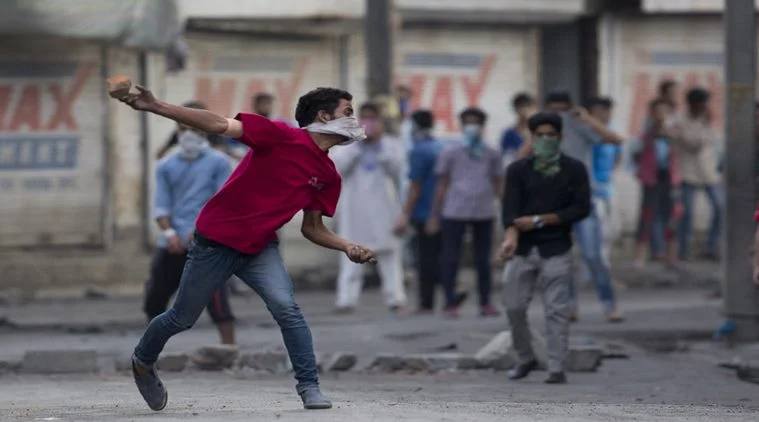

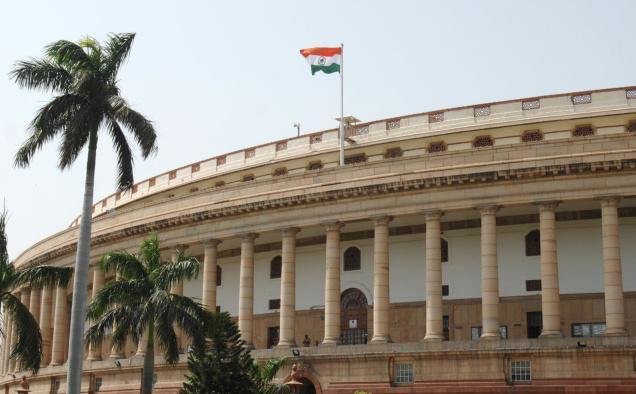

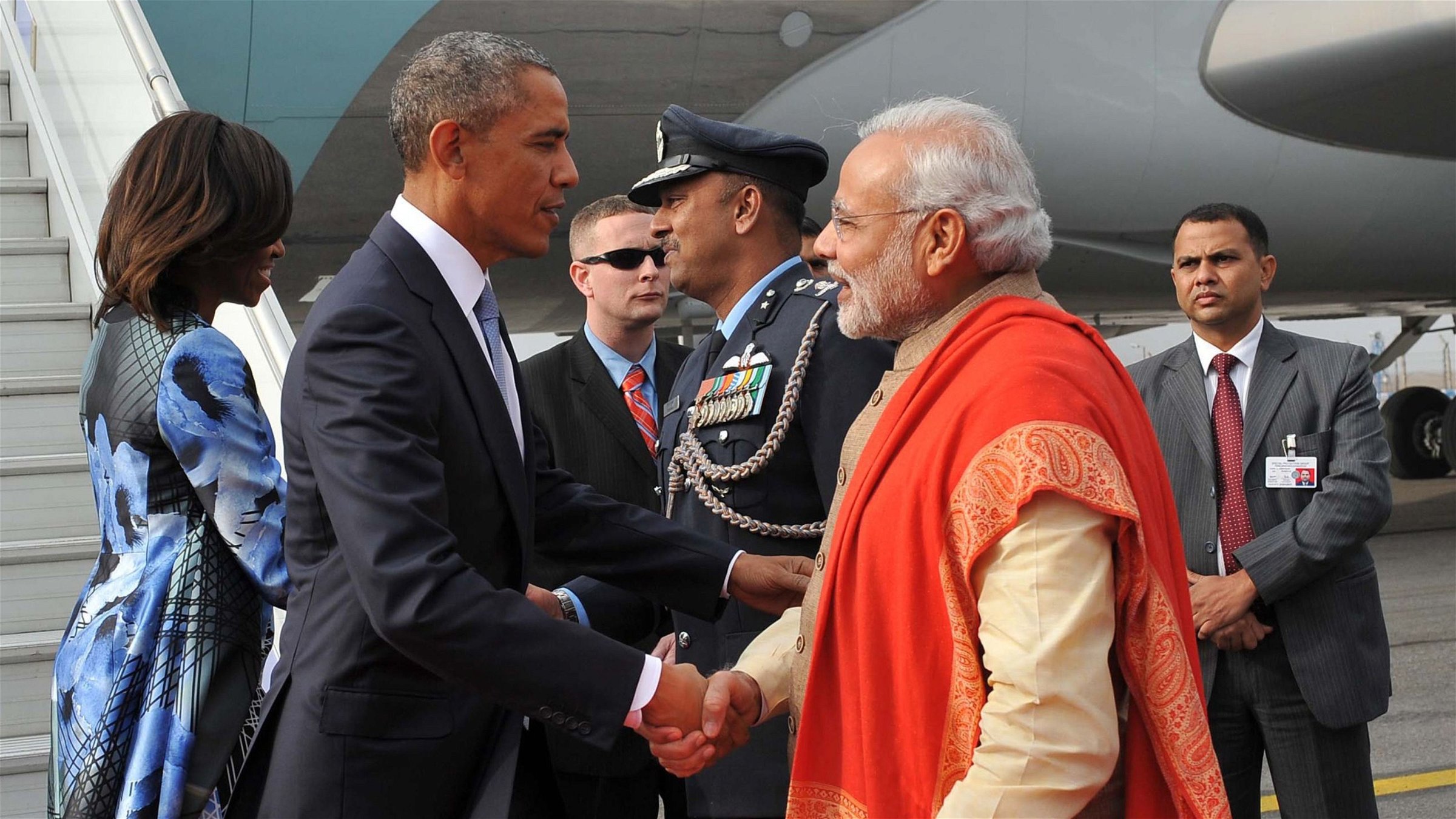
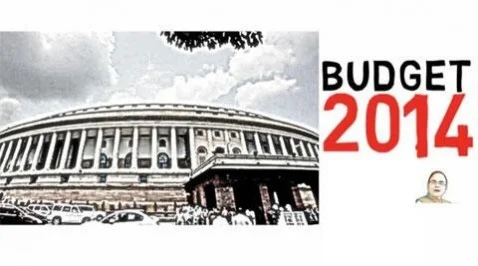
The atmosphere has changed after 28th Dec..do you think Arvind will be nxt PM?
That is highly impossible. Modi for PM, Arvind for CM,that is the buzz in India. And AAP leaders like Yogendra Yadav and Kumar Vishwas are going to take up the national role. I am going to write a post on this : on why AAP will not be good for India at the Centre.
Thank you for commenting,
Tanay Chothani